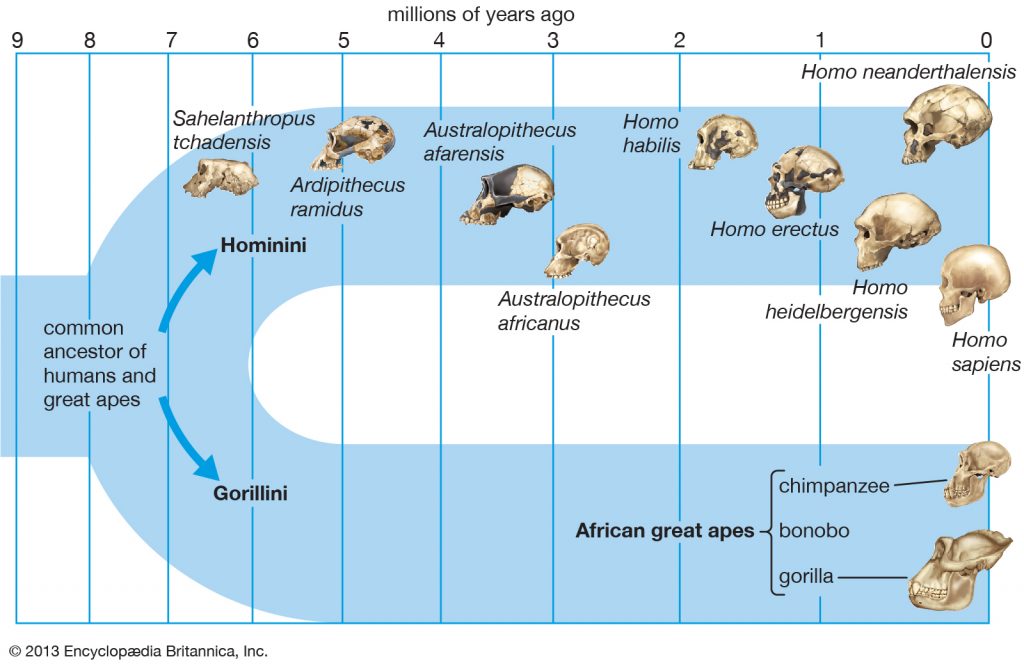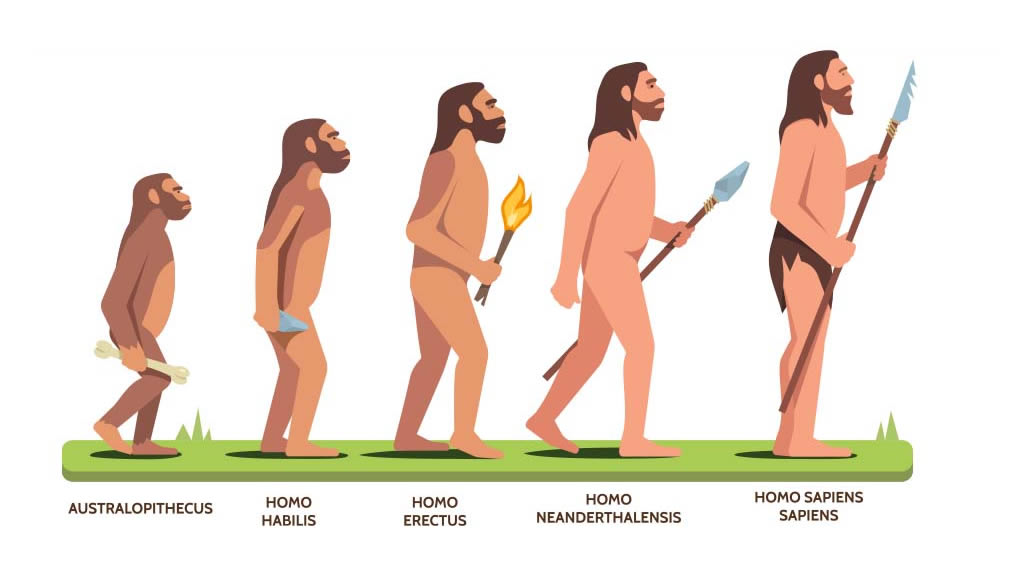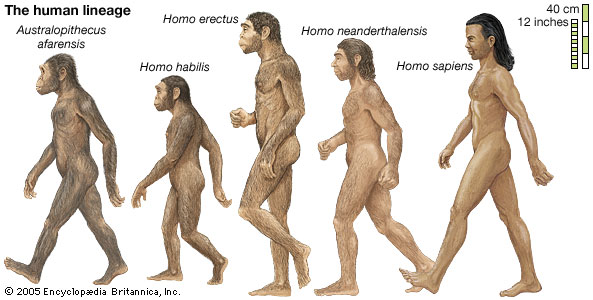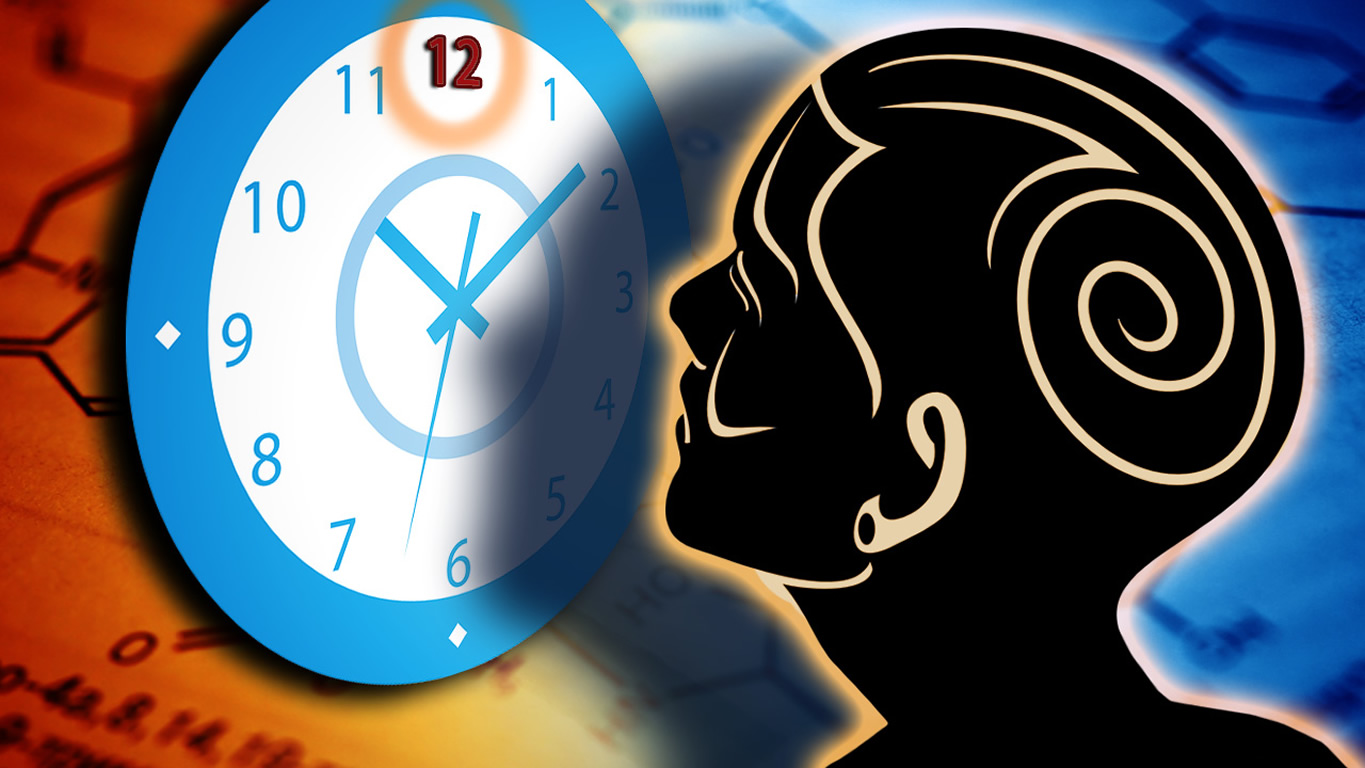If there’s one thing that has helped propel out species forward it must surely be the ability to speak. This relative revolution in evolutionary terms has allowed us to collaborate, co-ordinate, innovate, share ideas and express abstract concepts. But how did this come about ?
Obviously, no fossils exist to show how we evolved to use language. To work out when it first developed from the grunts of our ape ancestors , scientists have looked at indirect evidence, such as comparing the behaviour of animals and humans.
Creating complex sounds was a massive breakthrough in the development of language. Our closest common ancestor- the chimpanzee, from which we diverged about 6- 7 million years ago -isn’t able to do this. But what physiological trait allowed us to develop speech?
Here are some possible reasons …
Descended Larynx
Babies can breathe through their nose while suckling. By around 3 years old, their larynx has descended down their throat. A lower larynx was thought to be the reason that humans could produce complex sounds in speech, but a number of other animals, from tigers to koalas, have been found to have a descended larynx. So our unique ability to speak must be due to something else.
Complex Brain
The human brain is incredibly complex. Studies on the brainstem have found that neurons responsible for controlling our larynx, tongue and lips are directly linked to the motor cortex, which is involved in planning, controlling and carrying out movements. Other primates lack these connections, so it seems that our ability to speak is due to our complex brains, while our ability to make coherent sentences seems to be down to our genes.
Genes
A variant of the gene FOXP2 (Forkhead box protein P2) has been shown to exist only in humans . The gene is vital for forming memories in the brain areas responsible for patterns of movement that are involved in complex speech. If this gene is disrupted in someone, they suffer from severe speech problems.
DNA analysis has found that Neanderthals had this gene . Contrary to the traditional view that we have of them as grunting, incomprehensible ape-like creatures it seems that in fact they may have been able to speak.
So When …

Some scientists believe that Language existed before Neanderthals. Homo erectus had a much larger brain than its predecessors and made more advanced tools. But their technological development seems to have plateaued , suggesting that any proto-language they spoke wasn’t sufficiently complex to enable further technological progress. Before Homo erectus, it’s likely that gestures as opposed to speech originally governed language; but with increased tool use and the need to communicate in the dark, speech developed.
Much is still unknown about the evolution of language, and, also, how it will evolve in the future. Throughout history, words have fallen in and out of the dictionary, and different languages have dominated in different eras. One of the big questions currently challenging linguists is, will English continue to be the main second language for most cultures? Only time will tell.






